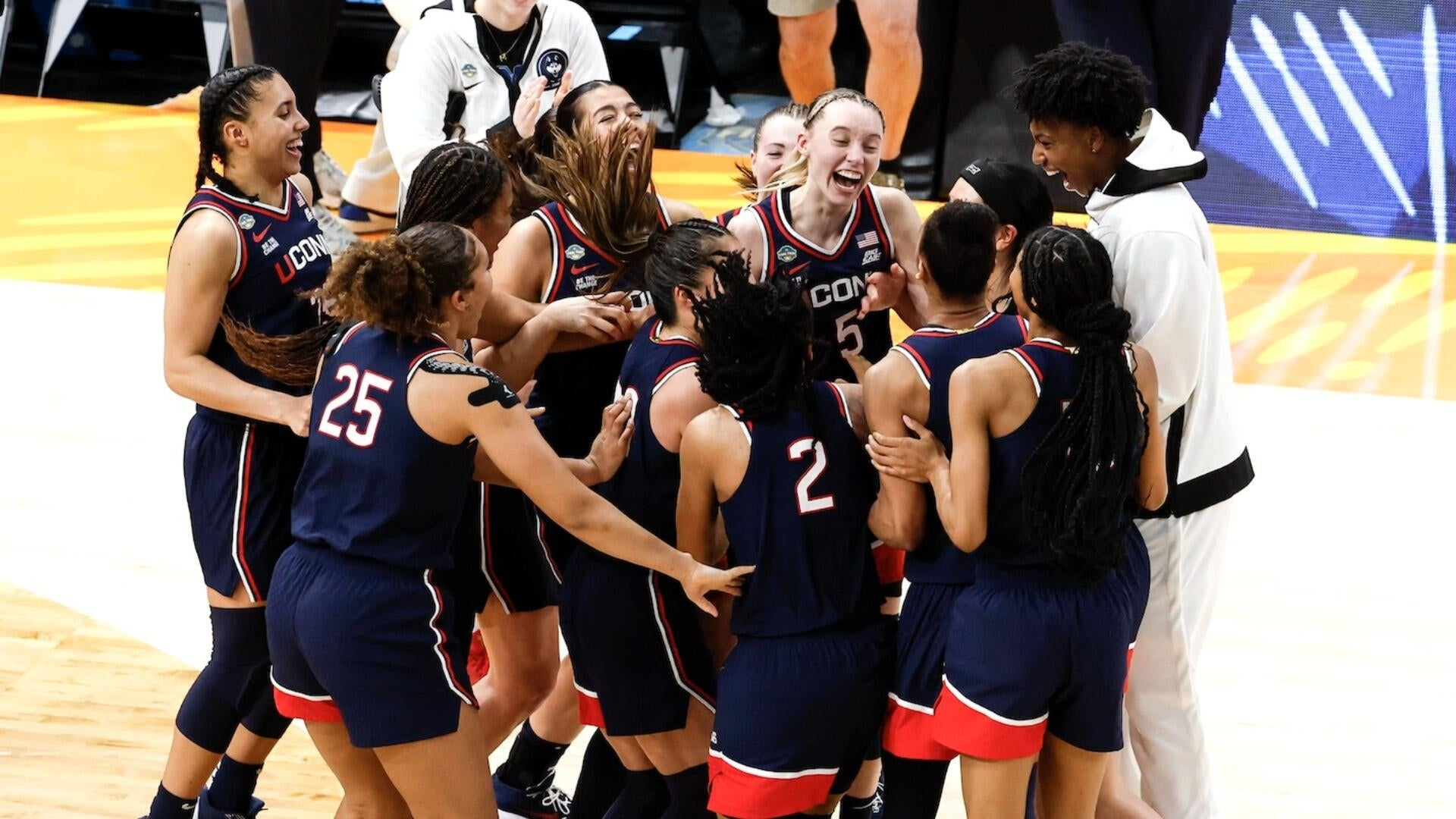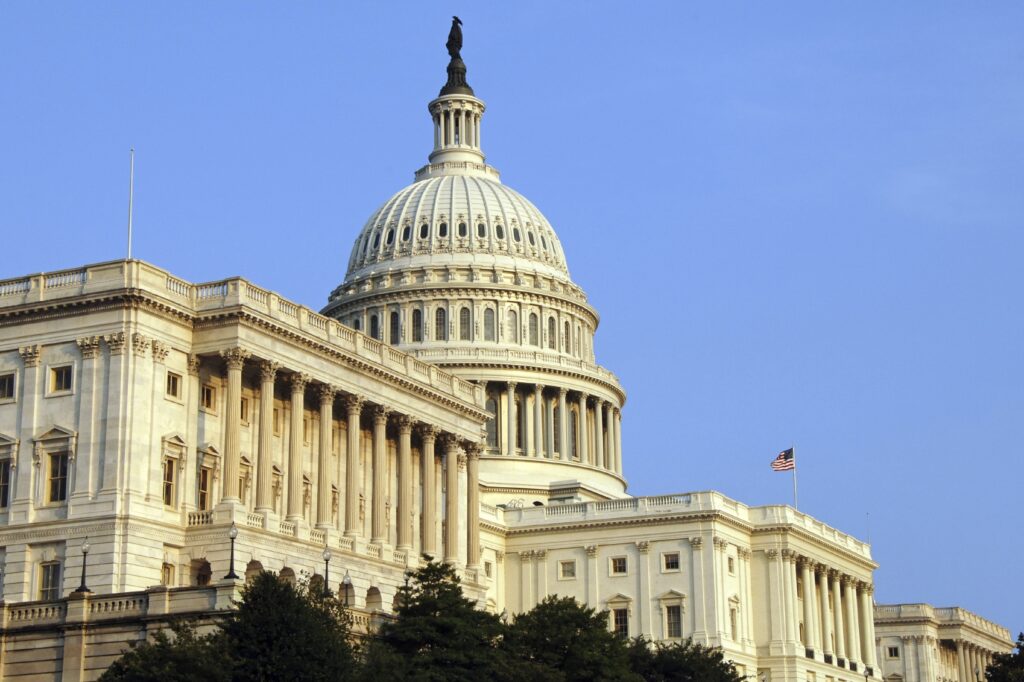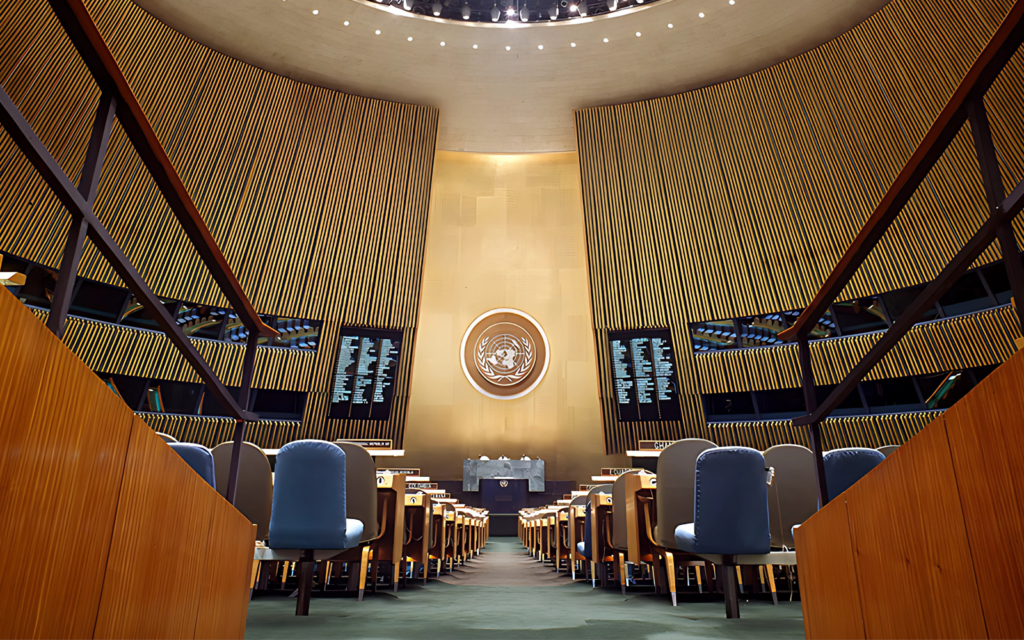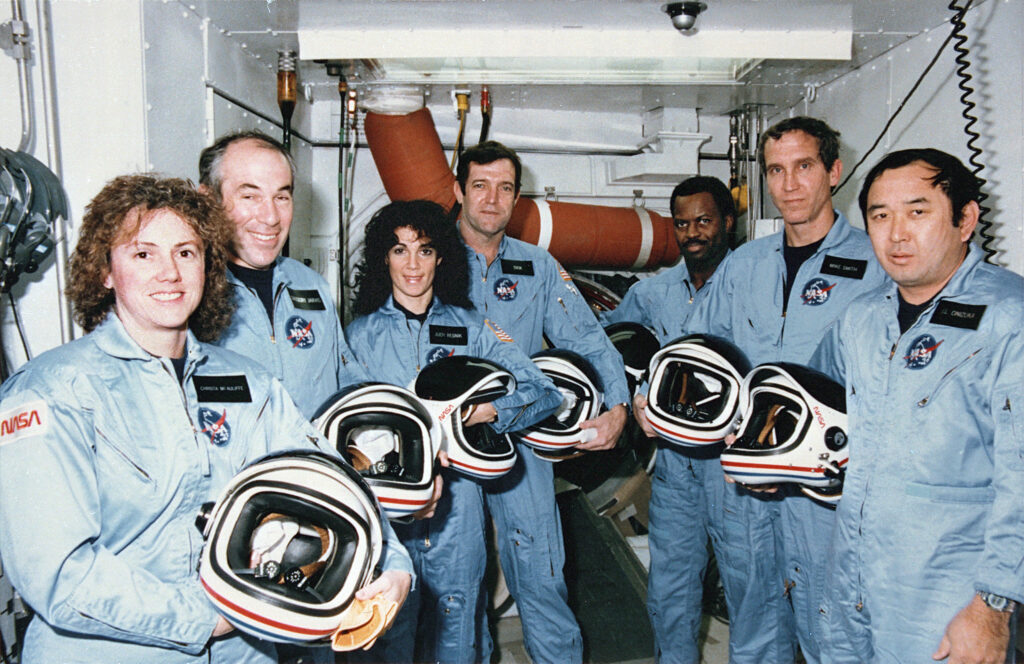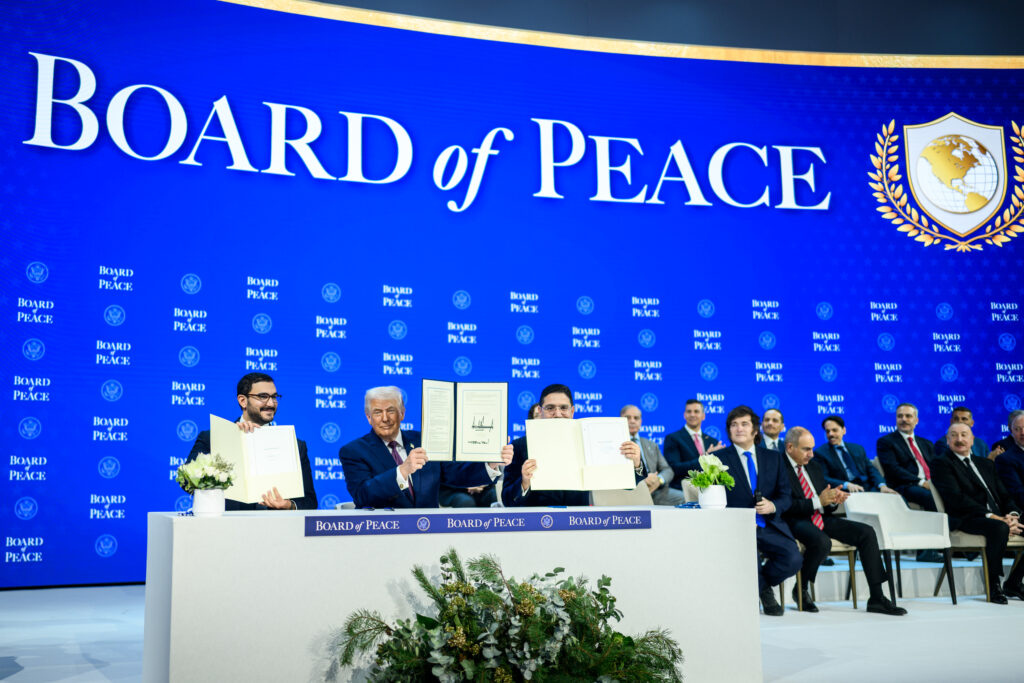On April 6, 2025, as the University of Connecticut clinched its record 12th NCAA women’s basketball title, the world gave nod to something bigger than brackets: the International Day of Sport for Development and Peace (IDSDP). This annual observance, held on the anniversary of the first modern Olympic Games, is a timely reminder of sport’s unique ability to bridge divides and foster development.
UConn’s win came amidst a growing interest in women’s sports across the U.S., and echoes beyond the court. From local pitches in Kenya to Olympic arenas in Japan, the love of sports is universal—and so is its potential for good.
From Ancient Greece to Modern-day Arenas
The connection between sport and peace is hardly new. In ancient Greece, warring city-states agreed to a sacred Olympic truce that continues to this day, ensuring safe passage for athletes and spectators. More recently, the 1971 “Ping-Pong Diplomacy” between the U.S. and China helped thaw decades of diplomatic silence. And just a few years ago, North and South Korean athletes marched together under one flag at the 2018 PyeongChang Winter Olympics.
These gestures may not have resolved geopolitical conflicts, but they created space for empathy and future cooperation.
Sports may not have resolved geopolitical conflicts, but they created space for empathy and future cooperation.
The UN’s Playbook for Peace
For decades, the UN has championed sport as a low-cost, high-impact tool that has been integrated into humanitarian response, youth empowerment and peacebuilding strategies.
One such flagship effort is the Global Sports Programme, which runs an initiative on the promotion of sport as a tool to prevent violent extremism, launched by the UN Office of Counter-Terrorism (UNOCT). This initiative not only helps safeguard major sporting events but harnesses sport’s unifying power to build social cohesion and prevent people—especially youth—from pursuing paths of violence.
In fact, youth factor strongly in the UN’s work. That’s because whether on makeshift soccer fields in refugee camps or volleyball courts in post-conflict Rwanda, team sports foster connection, trust and opportunities for leadership. Through youth-led forums and campaigns like #MoreThanAGame, the UN has elevated the role of young people in shaping peaceful futures.
As aptly noted by Antonia Marie De Meo, Director of the UN Interregional Crime and Justice Research Institute, “Sports are a uniting force. They build trust, promote inclusivity and encourage respect for diversity. Our work shows that these values are essential to counter radicalization and violent extremism in communities at risk.”
“Sports are a uniting force. They build trust, promote inclusivity and encourage respect for diversity. Our work shows that these values are essential to counter radicalization and violent extremism in communities at risk.”
It’s programs like these and partnerships like the UN’s Football for the Goals with FIFA that prove, as noted by UN Deputy Secretary-General Amina Mohammed, “All you need is a ball for people to come together.”
“All you need is a ball for people to come together.”
Gender on the Scoreboard
The theme for this year’s International Day of Sport is “Leveling the Playing Field: Sport for Social Inclusion,” highlighting the importance of equity in sports.
The UConn women’s basketball program, which has helped elevate women’s athletics to national prominence, is a case in point. They’ve placed female athletes on the national stage, raising visibility and expanding opportunity. That’s precisely what the UN is working to replicate worldwide. In collaboration with UN Women and other partners, for example, the UN is training female coaches in Afghanistan, building safe play areas in Jordan and supporting female athlete role models worldwide. These actions send a clear message: girls belong in the game.
One Afghan coach described her UN training by underscoring its wide-reaching impact. “This is not just about the sport. We can learn and we can talk and we can teach the girls: You will fail, you will go down. But you can come back bigger, and you can be a big message of peace in this world.”
“This is not just about the sport. We can learn and we can talk and we can teach the girls: You will fail, you will go down. But you can come back bigger, and you can be a big message of peace in this world.”
Beyond the Game
As the 2030 Agenda for Sustainable Development affirms, “Sport is an important enabler of sustainable development.” It promotes health, education, tolerance and social cohesion.
No, sports alone won’t end wars or eliminate injustice. But as a bridge between people or a moment of connection, sports do offer something rare: hope in motion.
As we mark this year’s International Day of Sport, let’s remember that the ball is in our court—and it’s worth staying in the game. As policymakers, athletes or just very proud fans, we have a role to play in making the world a better place.
So lace up. Pass the ball. Compete. And when the time comes, celebrate.
Because sometimes, the fastest route to peace begins not with a treaty—but with a game.
